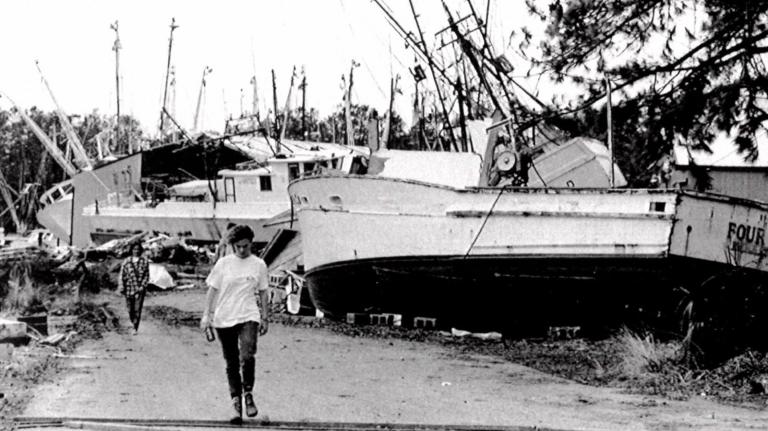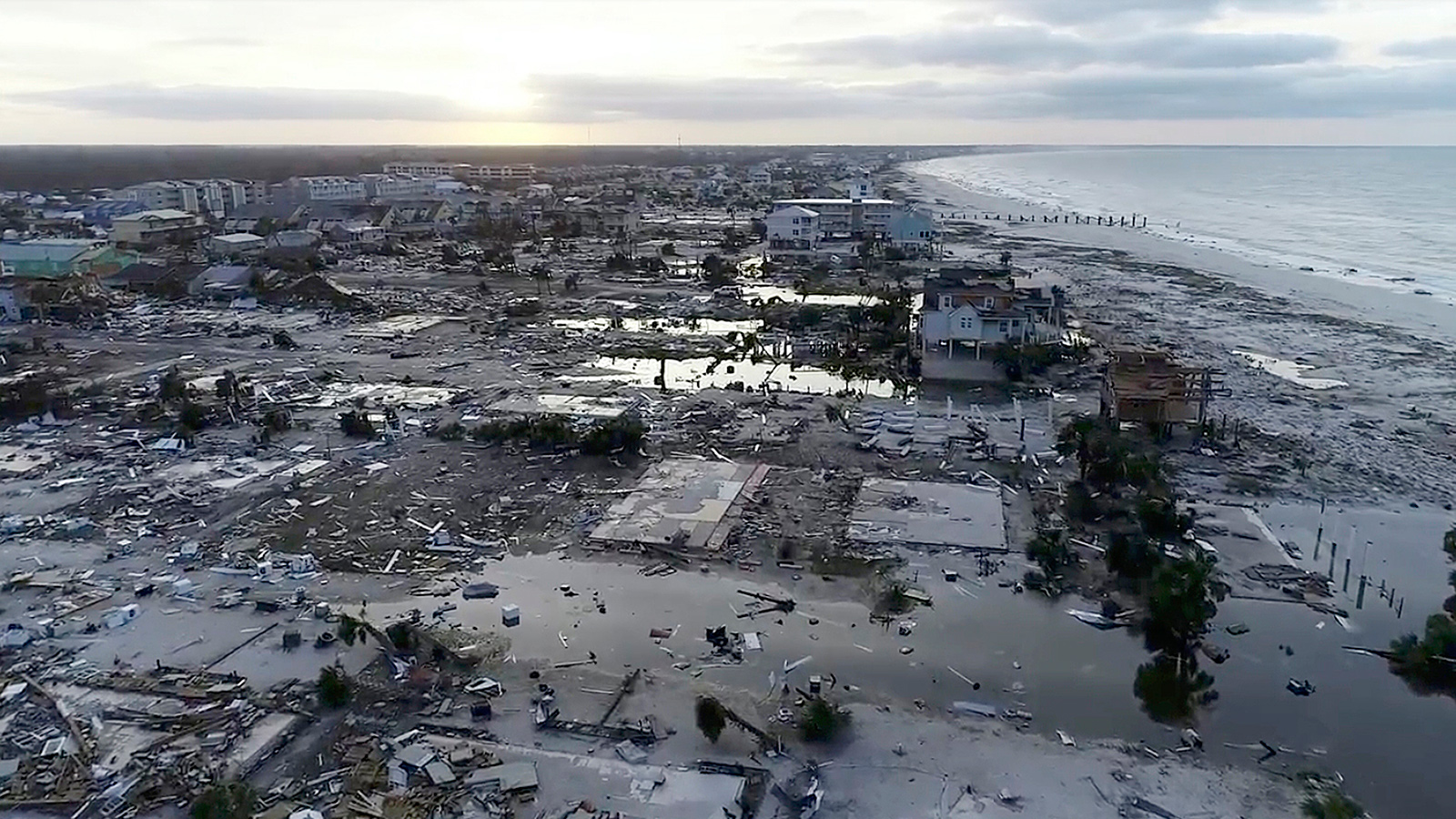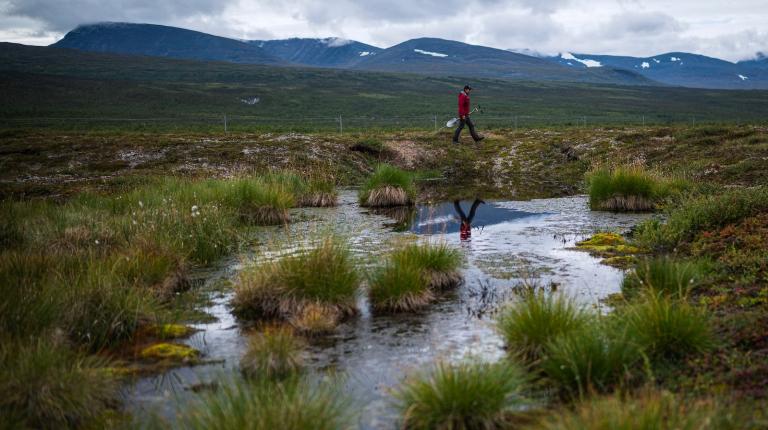Last week’s U.N. climate report gave a terrifyingly clear picture of a world on the brink of locking in catastrophe. It told us what was needed and the horrors that awaited if we failed to mobilize. As a scientific report, it was dazzling. But it didn’t tell us how to process, cope, and adapt our lives to the grief of that overwhelming knowledge.
In 1969, after interviewing hundreds of terminally ill patients, psychiatrist Elisabeth Kübler-Ross wrote On Death and Dying, a milestone text on how humans process permanent loss. Kübler-Ross’ description of those reactions — denial, anger, bargaining, depression, acceptance — are now famous, but they were never meant to be an orderly progression of “stages.” There is no “correct,” linear way to grieve. Our reactions are complicated because people are complicated.
There’s no one-size-fits-all approach for taking in something like the looming existential threat of climate change. I’ve been listening to a lot of ’90s country music. One of my colleagues has substantially upped her sleep, while one of our Grist editors “stress bakes.” What we feel is what we feel, and it determines our reality — and importantly, our response, to the news. And that response is more important than ever.
What we need now is a major mobilization on climate change. That would require, in the words of the IPCC, “rapid and far-reaching transitions” in “all aspects of society.” We’re taking much more than just solar panels and reusable shopping bags here. After decades of delay, the scale of changes that are necessary will force us to rethink everything. To put in the changes necessary, we have to be able to connect our emotions to our actions. We have to process our grief. We have to somehow move through it, and we have to do all that together.
Last week, Scott Williams of Climate-KIC, a group affiliated with the European Union, wrote a short essay with the headline: “Do we need an IPCC special report for humans?” He explores what it would take to act on the U.N. report and asks provocative questions, like: “What does it mean when every coal mine town has no jobs in five years’ time? What does it mean when in ten years’ time if no airlines can fly over Europe? How do we feed our families if there’s an extended drought which causes mass crop failure? What is the point of putting away money into a pension fund if that fund is investing in a way that just makes things worse? And what are we going to do about it?”
For those of us dealing with climate grief, these questions are familiar. I get dozens of them every week, and I’m never sure exactly how to respond. My go-to reply is: Find a friend and talk about it. But in truth, although it works for me, I have no idea whether or not this is the right advice for everyone.
There are scant few people currently working on this. Kate Schapira, a climate activist in Rhode Island, has taken it upon herself to set up a Peanuts-style counseling booth each summer in a public park in Providence. Renee Lertzman, a psychologist and leader in this field, wrote a book on the subject called Environmental Melancholia — but in interviews, she admits there’s much more to learn.
The best guide I’ve seen so far is Josh Fox’s impressively named documentary How to let go of the world and love all the things climate can’t change. In it, Fox speaks with climate activists as they come to grips with the literal dying of a world they thought would last forever, and dedicate their lives to the struggle, not knowing exactly what the end goal might be. Through that catharsis, the activists re-engage with their role in helping avert the largest crisis in human history — and wind up aiming to build a different, better world. But others, we know, remain disengaged — some, overtly hostile to change — even as the stakes continue to rise.
We’ll need more than this. We’ll need a comprehensive crash course on human psychology to deal with the massive changes we’re seeing; a guide to self-care for the most important decade in human history. We need to know how climate change will change us as social beings, how we can deal with grief, how to go about the process of imagining a new society. We will need to know not only how we can survive in this new world, but how we will live.
This is a necessarily messy process and it won’t be easy, but I’m not sure what could be more important.




